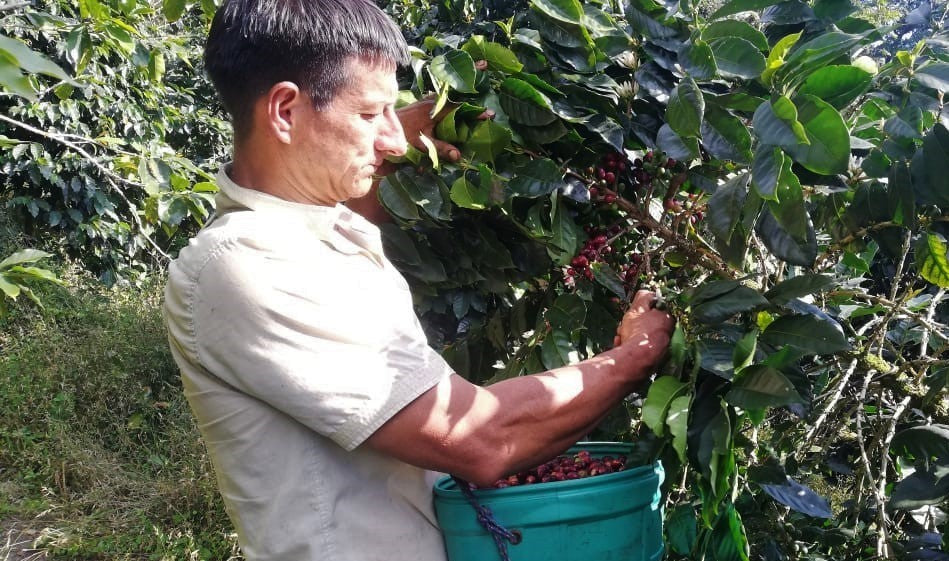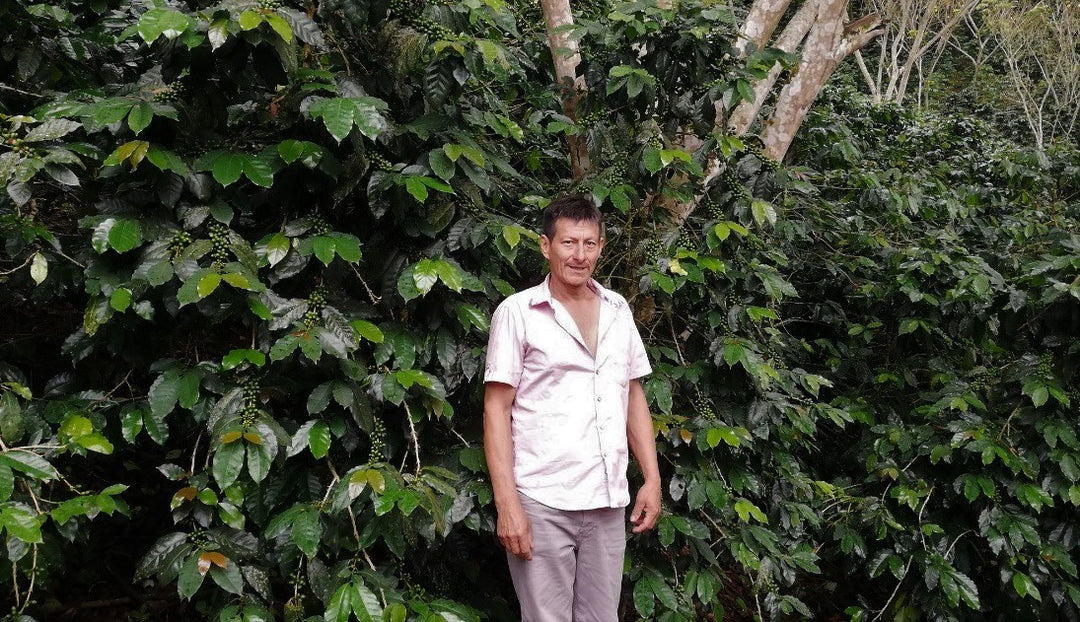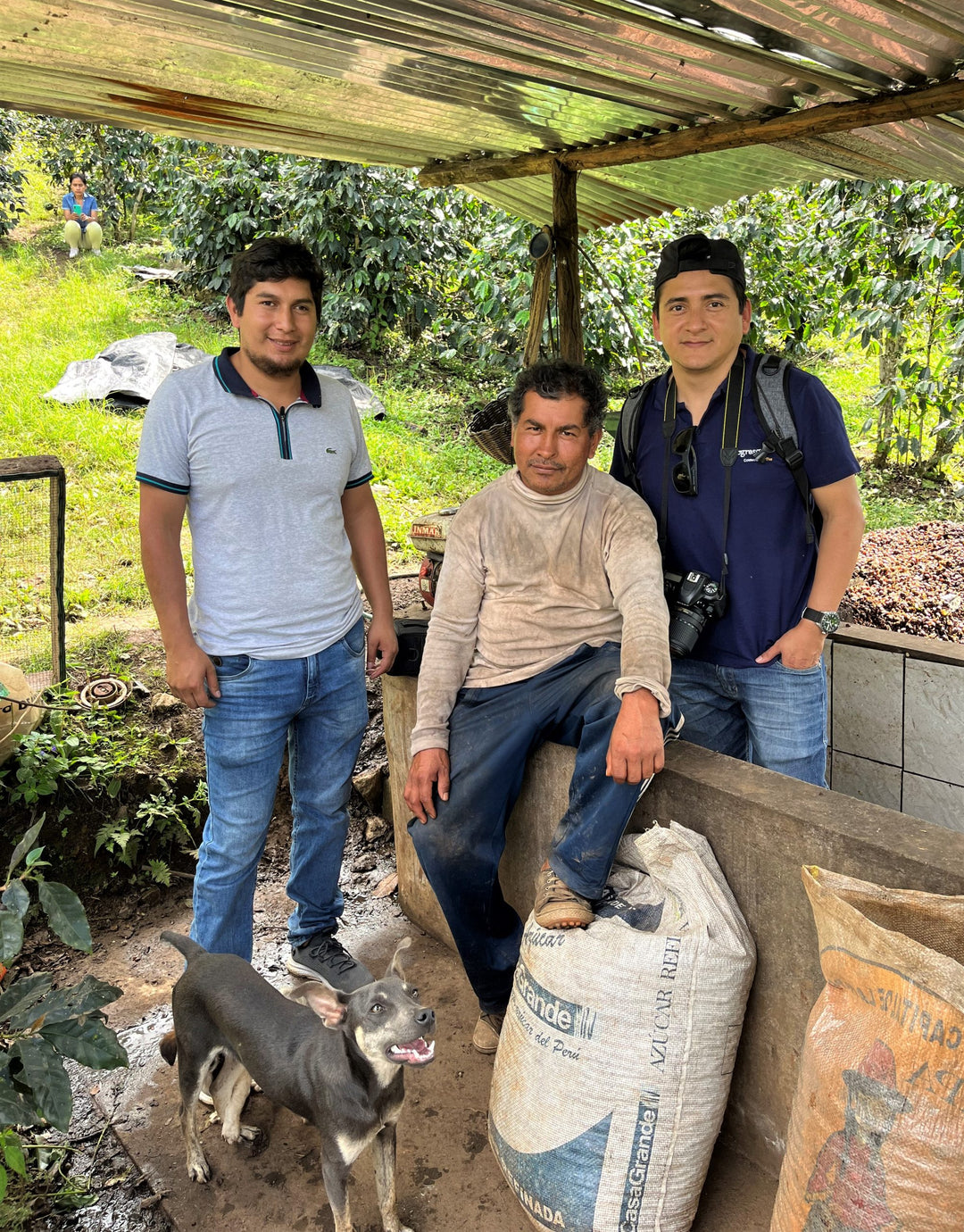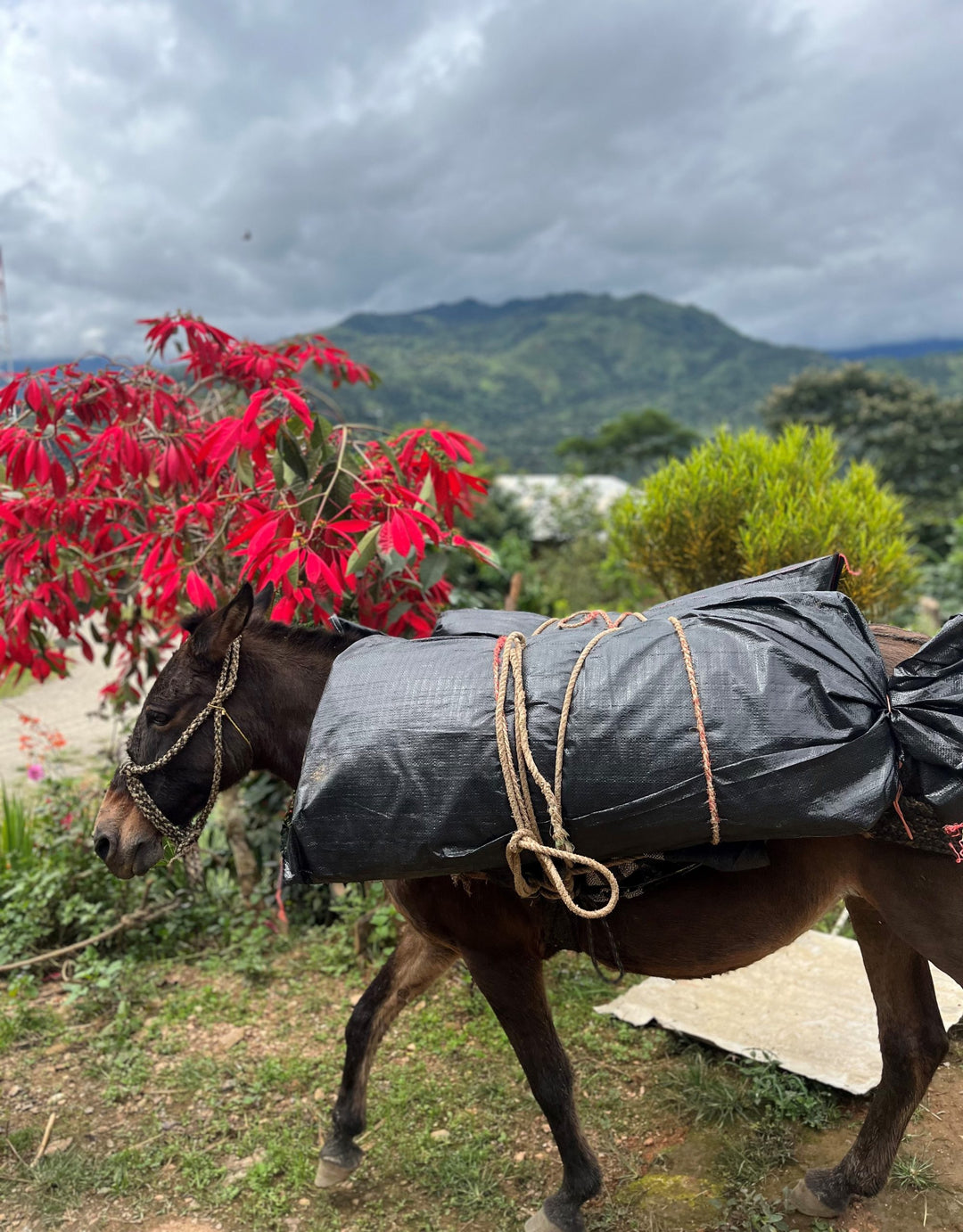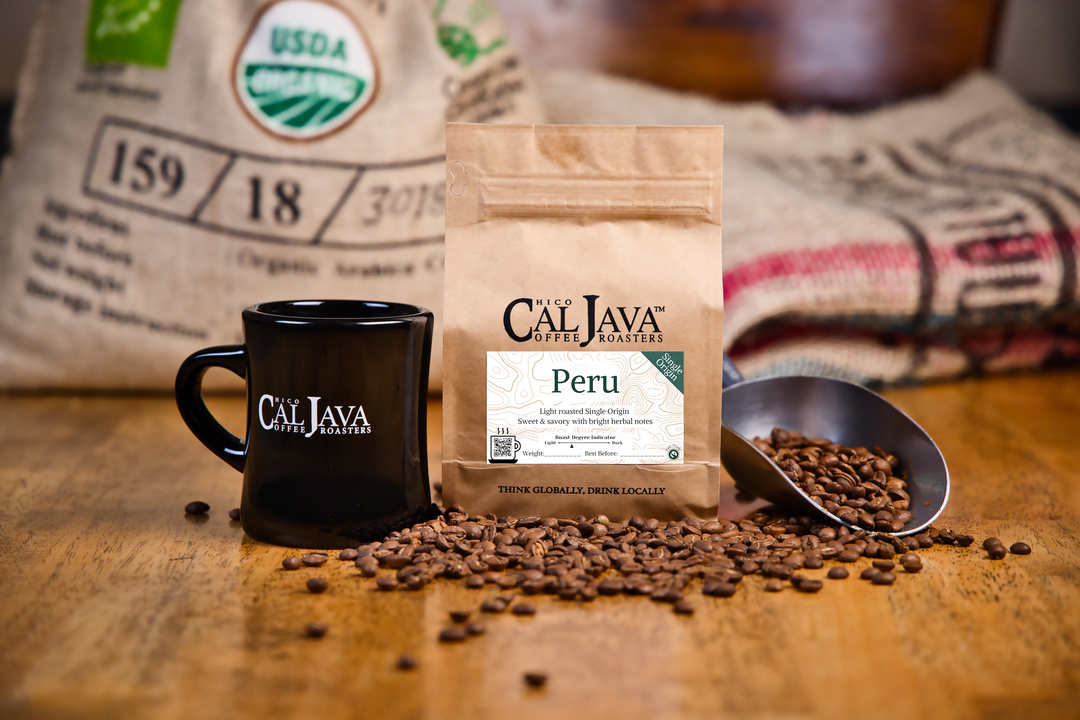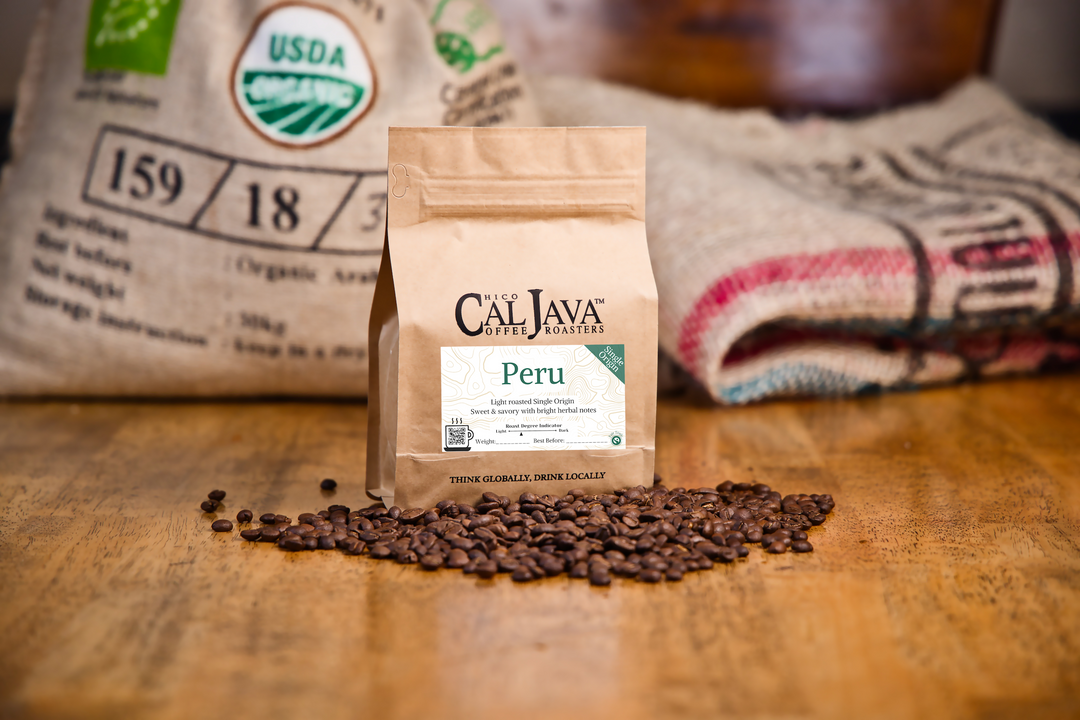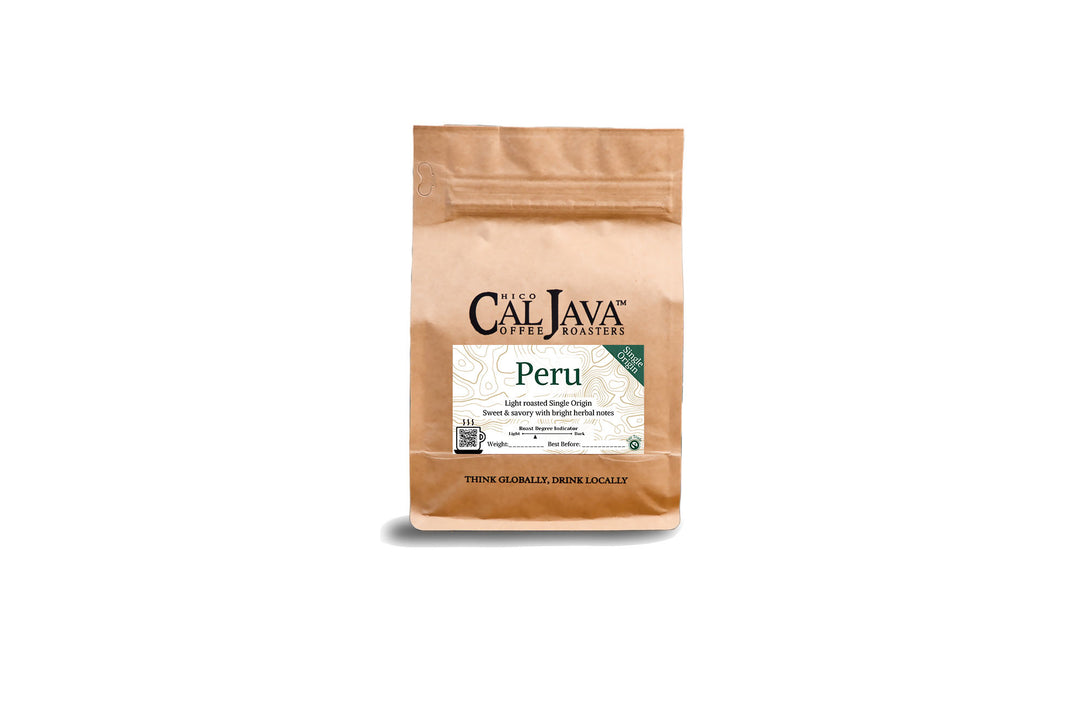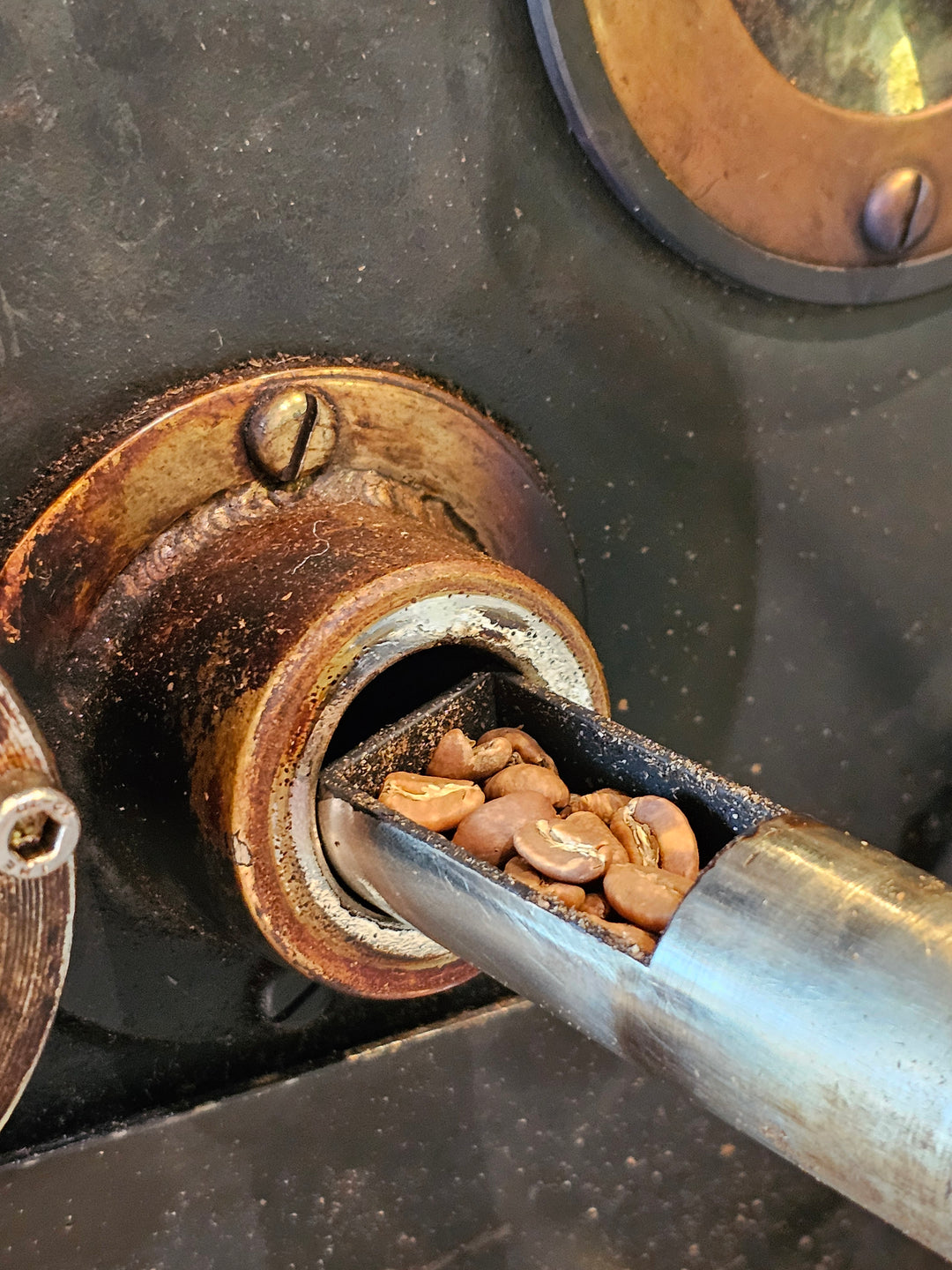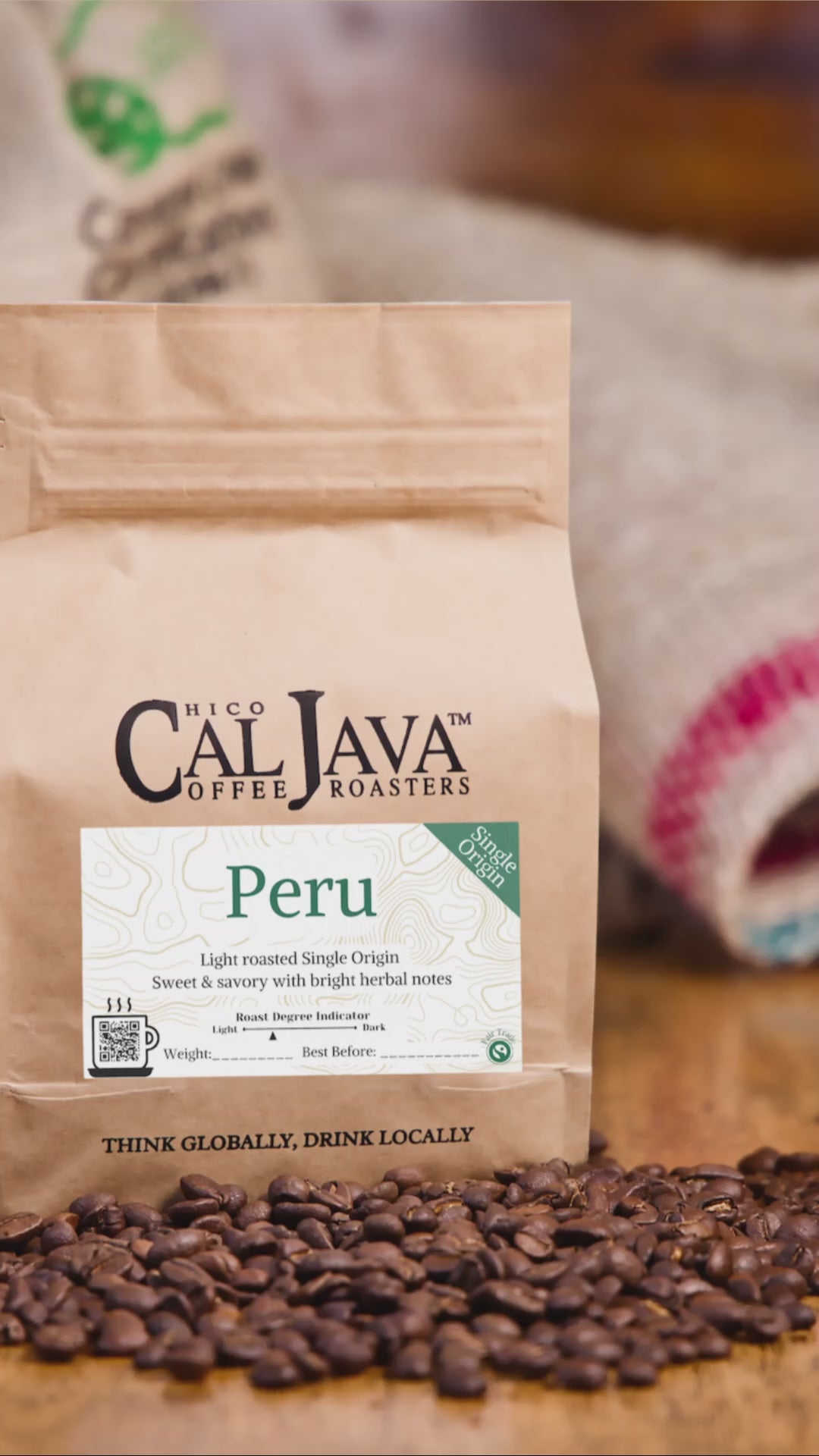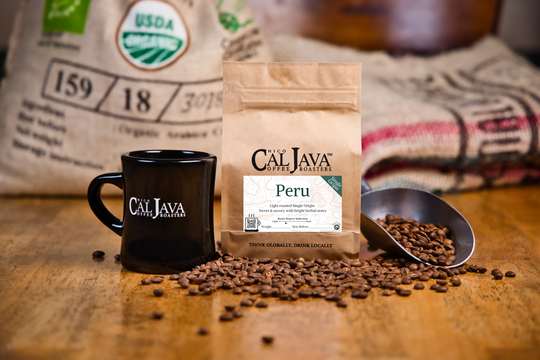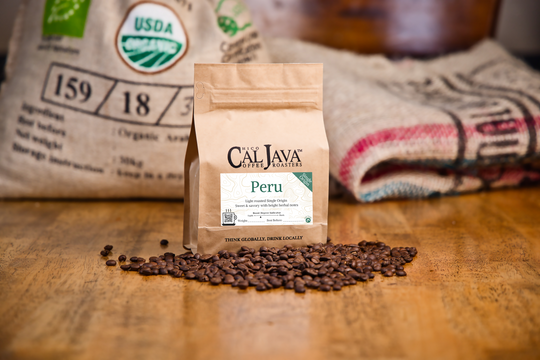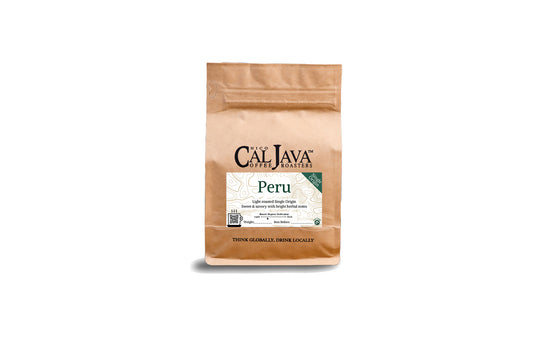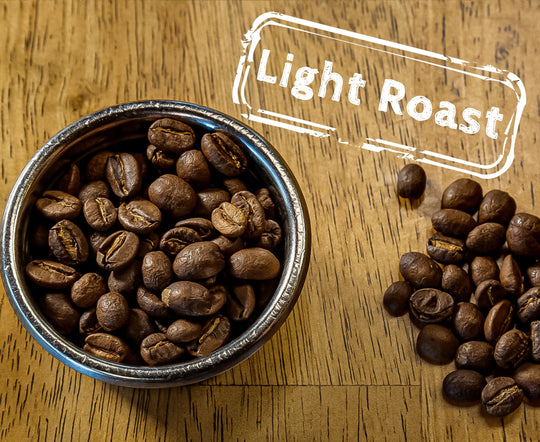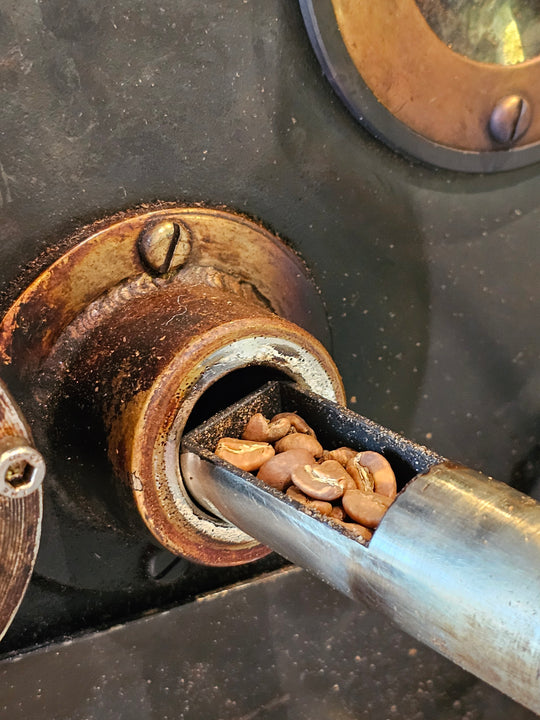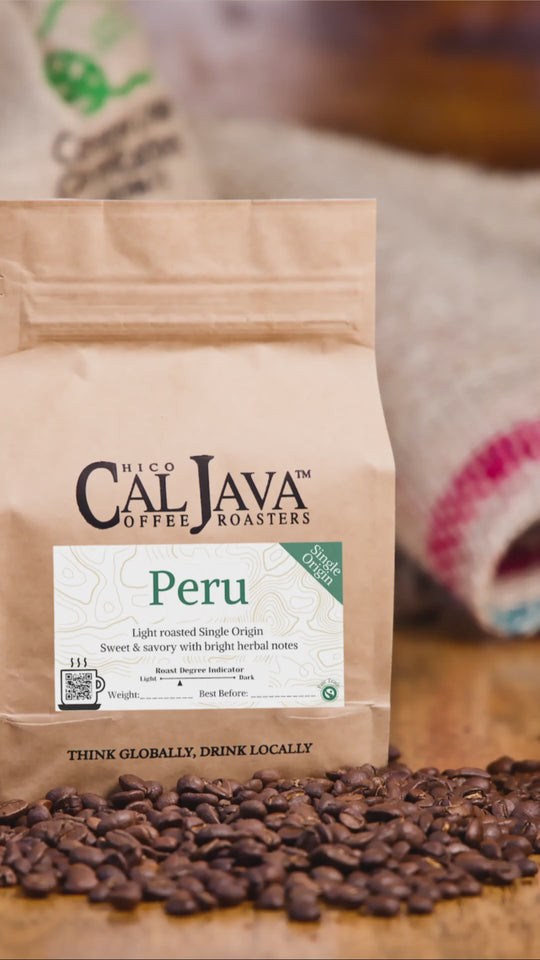Peru
Peru is a hidden gem in the world of coffee production, boasting a robust smallholder presence, diverse microclimates, and varying altitudes that contribute to the cultivation of superb coffee beans. The country's unique geography, creates an ideal environment for growing coffee.
Each microclimate, from the lush rainforests to the high-altitude regions, imparts distinct flavors and characteristics to the coffee, making Peruvian coffee highly sought after by connoisseurs around the globe.
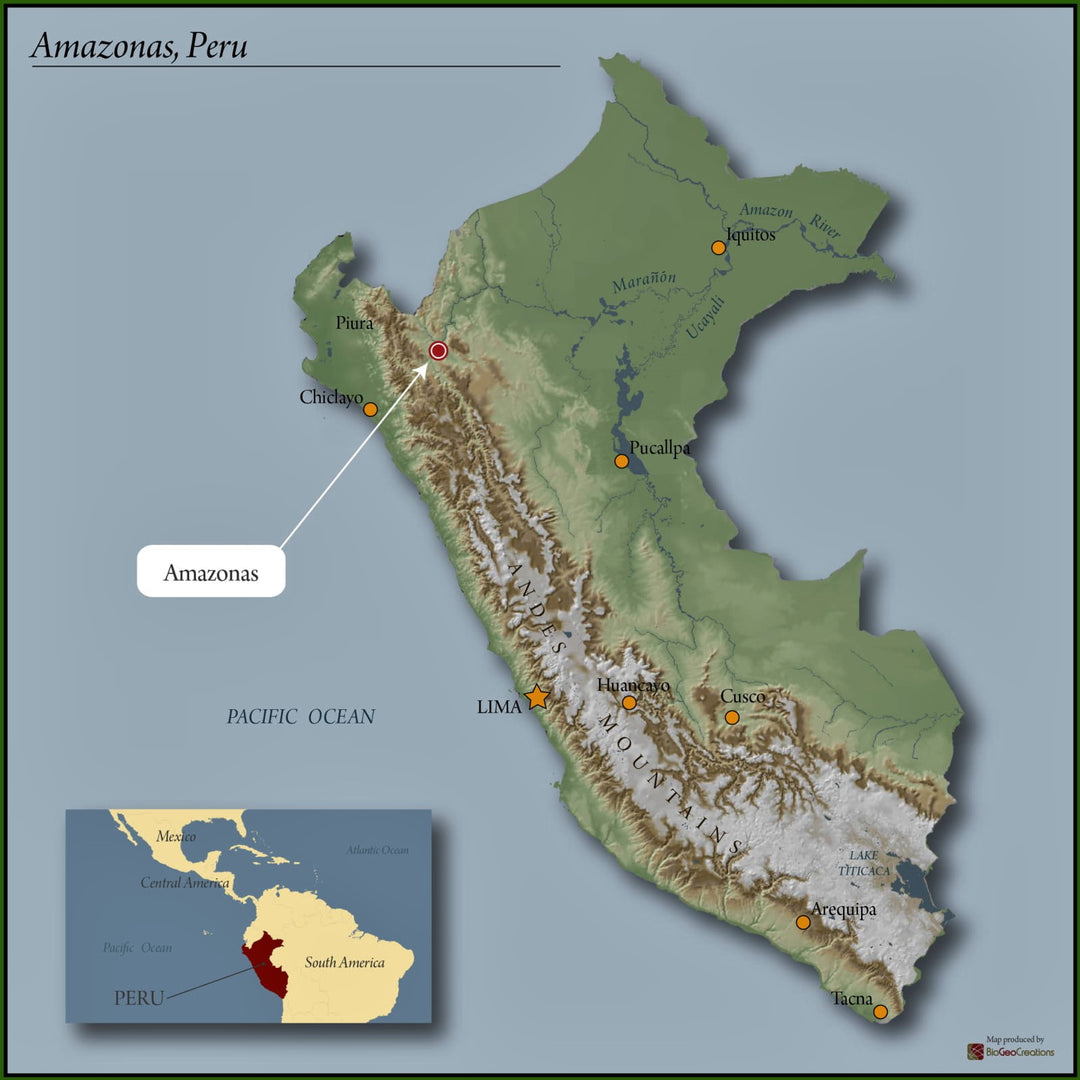
Asociación de Productores Cafetaleros de la Cuenca del Rio Marañón
Coffee Background:
APROCCURMA, the Asociación de Productores Cafetaleros de la Cuenca del Rio Marañón, has made significant strides over the past five years by empowering 124 women coffee producers in the northern highlands of the Rodríguez de Mendoza province. These women, who rely heavily on coffee income to support their families, manage their small farms using organic practices. Their farms, typically intercropped with shade trees, bananas, corn, and beans, are meticulously maintained. The entire coffee production process, from harvesting and sorting cherries to depulping, fermenting, washing, and drying, is conducted on-site using micro-mills. This approach not only ensures high quality but also allows women to have greater control over their produce.
The cooperative plays a vital role in supporting these small-scale producers by addressing their essential infrastructure needs. APROCCURMA coordinates investments in road improvements and establishes local warehouses, which are critical for the efficient transport and storage of coffee. Moreover, the cooperative manages the preparation of coffee for export, ensuring traceability and quality control throughout the post-harvest process. Beyond logistics, APROCCURMA provides women producers with much-needed financing, training, and technical assistance, which helps them enhance the quality of their coffee. These efforts are pivotal in enabling women to produce premium coffee that can command higher prices in the international market.
Ultimately, APROCCURMA aims to elevate the quality of life for coffee producers and their families by marketing their coffee internationally and securing better premiums based on quality and certification. This holistic approach not only fosters economic independence for women but also promotes sustainable agricultural practices. Through their dedication and hard work, these women are not just producing exceptional coffee but also building a brighter future for their communities. APROCCURMA's initiatives exemplify the profound impact that cooperative efforts can have in transforming lives and nurturing sustainable development.
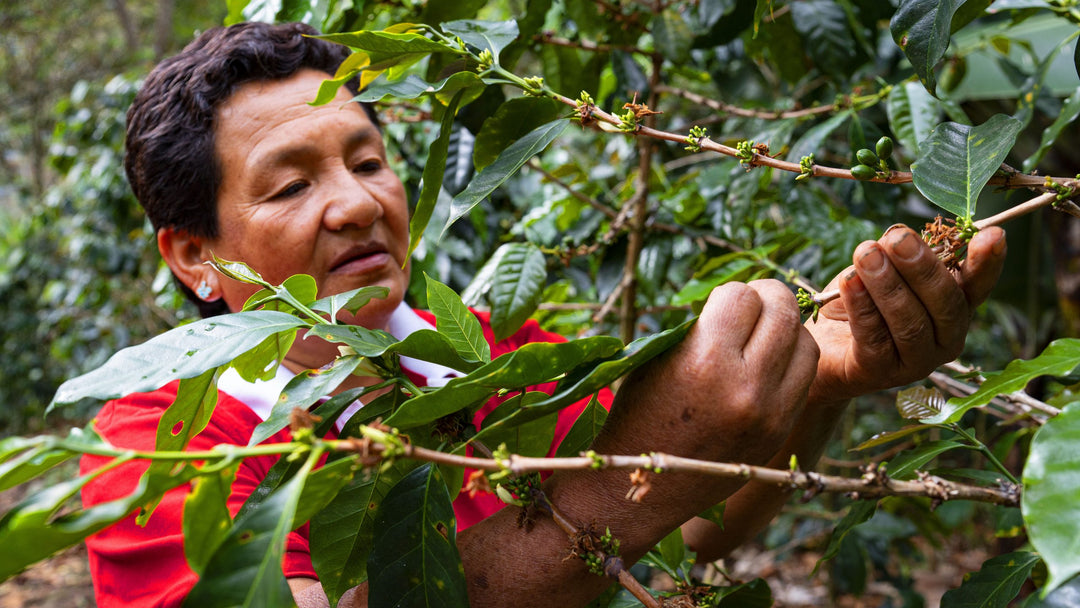
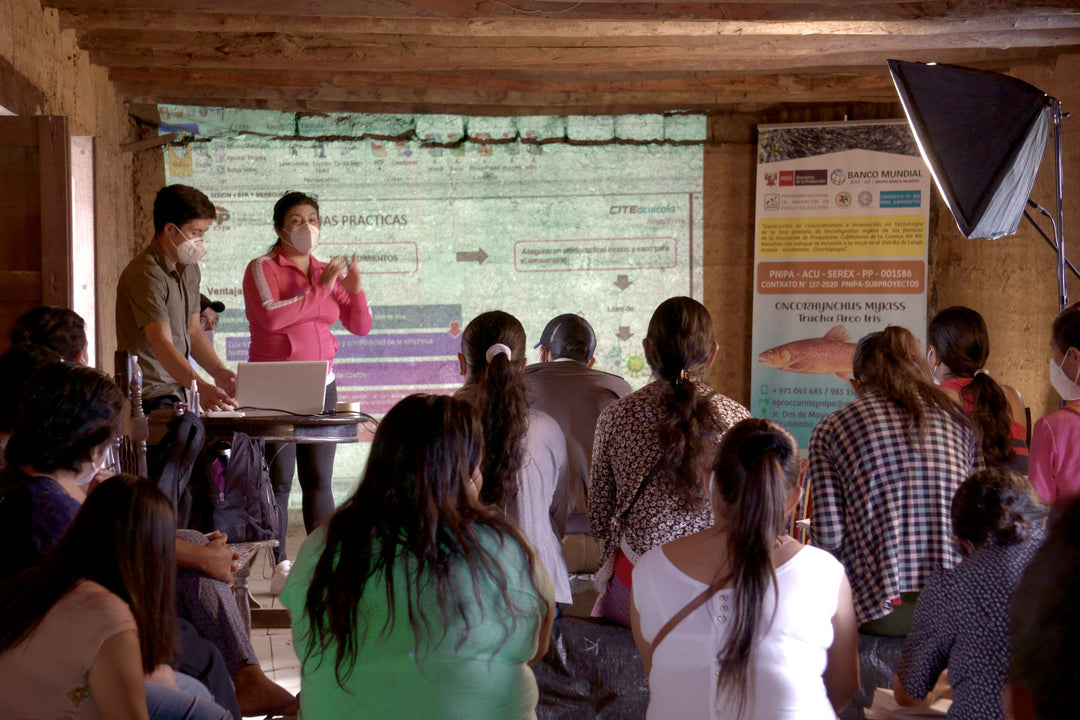
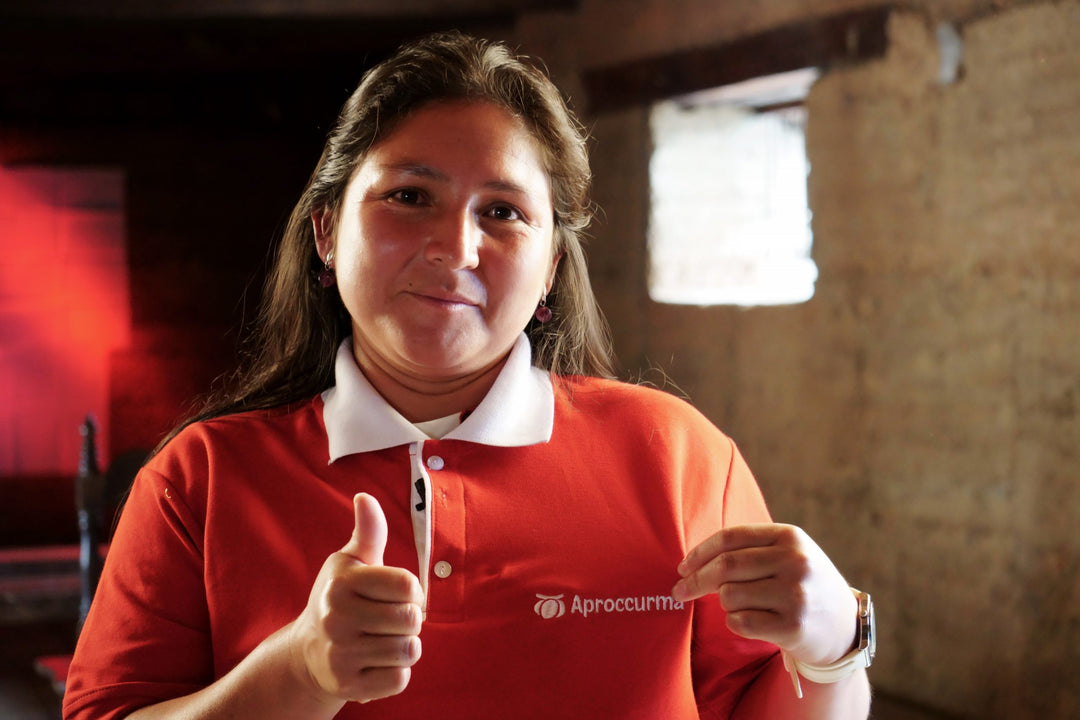

Cooperativa de Servicios Multiples Juan Marco El Palto
Coffee Background:
Coffee has long been a significant presence in the northern departments of Cajamarca, Amazonas, and Piura, known for their certified cooperatives that represent tens of thousands of smallholder farmers. One notable cooperative in this region is the Cooperativa de Servicios Multiples Juan Marco El Palto (JUMARP). Established in 2003 with just 35 producers from the Lonya Grande district in the Amazonas department, JUMARP has since expanded to include over 300 farmer associates. The cooperative now represents coffee growers across the highlands of Amazonas and the neighboring department of Cajamarca. JUMARP has garnered a reputation for the "El Palto" terroir, named after the highlands surrounding Lonya Grande, and has been a pioneer in processing methods, successfully offering natural and honey process coffee lots in addition to the traditional fully-washed coffee.
The majority of coffee production in Peru comes from small farms, typically managed by individuals who practice organic farming techniques rooted in their cultural connection to the land. Farmers like Valentin, a member of JUMARP, often cultivate coffee on small plots intercropped with shade trees, fruits, and vegetables. They take great care in picking and sorting their cherries before processing the coffee on personal equipment. Despite their meticulous attention to detail, these small producers rely heavily on strong business alliances to bring their coffee to the international market and secure fair prices. Cooperatives like JUMARP play a crucial role in ensuring that the coffee produced by these diligent farmers reaches appreciative consumers worldwide.
